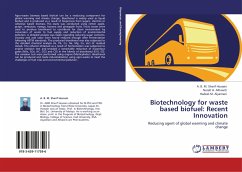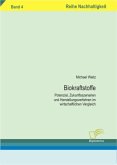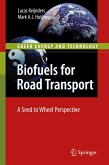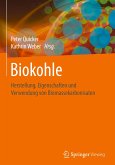Agro-waste biomass based biofuel can be a readucing component for global warming and climate change. Bioethanol is widely used as liquid biofuel and is produced as a result of bioprocess from sugars, starches or cellulosie based biomass. This study was conducted using rotten apple, grape, rambutan, mango, banana and pineapple fruits. Fruits waste were used to produce bioethanol to contribute for clean environment by conversion of waste to fuel supply and reduction of environmental pollution. A detailed analysis was made regarding reducing sugar contents, viscosity and acid value were found reduced enough after fermentation following ASTM standards. The produced bioethanol was also subjected to the detailed chemical analysis (Ie, Pb, Cu, Na, Mg, Ca, etc) of residual metals. The ethanol obtained as a result of fermentation was subjected to engine emission test and revealed a remarkable reduction of hazardous gases (NOx, SOx, HC, CO2 and CO) in the blends of bioethanol (E10, E5). The emission test were performed using engine (Multicylinder). Bioethanol can be produced and made industrialization using agro-waste to meet the challanges of fuel crisis and environmental pollution.








